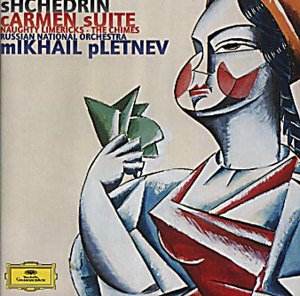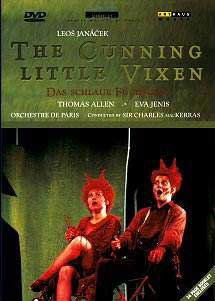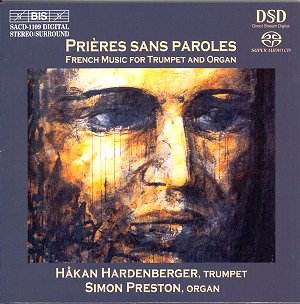 Composer: Rodion Shchedrin
Composer: Rodion Shchedrin
Works: Carmen Suite, Concerto for Orchestra No. 1: Naughty Limericks, Concerto for Orchestra No. 2: The Chimes
Performers: Russian National Orchestra, Mikhail Pletnev
Recording: February-March 1998, Moscow State Conservatory
Label: Deutsche Grammophon
Rodion Shchedrin, a pivotal figure in the landscape of contemporary Russian music, continues to command attention with his inventive and often playful compositions. His genius lies in his ability to meld traditional Russian motifs with avant-garde techniques, a quality that places him in a prominent position following the legacy of Shostakovich. This recording features some of his most acclaimed works, notably the Carmen Suite, which stands as a testament to his ingenious reimagining of Bizet’s classic. Far from a mere arrangement, Shchedrin’s adaptation breathes new life into the familiar score, infusing it with a fresh vibrancy that captures the essence of both the original and the spirit of modern orchestration.
The performance by the Russian National Orchestra under Mikhail Pletnev is marked by an exceptional vitality and clarity. Pletnev, known for his dynamic interpretative style, leads the orchestra with both precision and flair. The Carmen Suite unfolds with an energetic sweep, the strings and percussion intertwining in a dialogue that is both playful and dramatic. The sound engineering captures the nuances of this vibrant orchestration, allowing the listener to appreciate the textural richness that Shchedrin employs. For example, the “Habanera” reveals an unexpected buoyancy, where pizzicati and sul ponticello techniques invigorate the familiar themes, suggesting a sense of irony that lingers throughout the suite.
The two concertos for orchestra offer a fascinating juxtaposition of styles and emotional landscapes. The first, “Naughty Limericks,” is a riotous excursion into jazzy rhythms and playful dissonances. Pletnev’s interpretation embraces the work’s inherent exuberance, with the percussion section delivering a propulsive drive that complements the zany orchestral color. This is music that thrives on immediacy and spontaneity, where the boldness of the orchestration is matched by the orchestra’s technical prowess. The sound quality here is exemplary, with each instrument clearly delineated, allowing the listener to revel in the rich tapestry of sound.
Conversely, “The Chimes” presents a stark emotional depth, its opening chords resonating with a somber introspection that sets it apart from its predecessor. The gradual build-up of tension through a series of atmospheric transitions reveals Shchedrin’s capacity for lyrical expression. The use of bell sounds, described in Shchedrin’s own notes as emblematic of Russian culture, adds an additional layer of resonance that speaks to the listener’s historical consciousness. Pletnev’s careful pacing allows for the music’s explorative nature to unfold organically, showcasing the orchestra’s virtuosity while maintaining a cohesive narrative.
This recording not only excels in performance but also in its production quality. The balance between instruments is meticulously crafted, ensuring that the intricate layers of Shchedrin’s orchestration are heard in all their glory. Compared to other notable recordings of the Carmen Suite, such as those conducted by Lorin Maazel or even Shchedrin’s own performances, Pletnev’s interpretation stands out for its particularly vivid orchestral color and rhythmic vitality.
Rodion Shchedrin’s works, especially in this collection, reflect a composer who is deeply engaged with both his cultural heritage and the broader context of contemporary musical discourse. The Russian National Orchestra, under Pletnev’s direction, captures the essence of Shchedrin’s wit and emotional depth, delivering a recording that is both compelling and revelatory. For those willing to explore the intersection of tradition and innovation, this album offers a rich auditory experience that resonates well beyond the concert hall.



